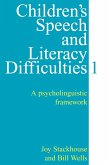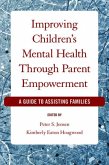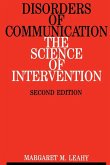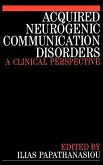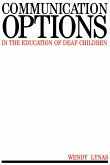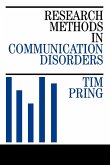Persistent communication difficulties in school-aged children are frequently accompanied by psychosocial problems, such as low self-esteem and poor self-image, which can hamper further progress.The longer the difficulties persist, the longer help is required, the more the child's schooling is disrupted for clinical appointments and the more likely the child is to be victimised and stigmatised by peers for appearing ?different? to them. A vicious circle can ensue, which not only contributes to the child's cycle of disadvantage, but also to continuing costs to health, education and the social services. The forthcoming publication presents a mangement approach, which adopts a holistic paradigm in addressing the wider implications of communication. Part 1 explores the theoretical background and working philosophy underpinning the approach.Part 2 provides excellent photocopiable resource material for speech and language therapists, teachers and parents / caregivers, and others involved with communicatively-impaired school-aged children. It includes sections on: * Relaxation exercises* Coping strategies (eg. for handling bullying) and social competence * Communication ?toolkit? and social skills* Repair strategies and using best speech* Identifying where and how sounds are made* How the voice worksThe research-based programme has proved to be a highly successful means of enabling the child to cope effectively with dysfunctional communication on a daily basis. It promotes the value of intensive individual and group work for boosting communication, specific speech dificulties and social competence within a supportive environment.
Hinweis: Dieser Artikel kann nur an eine deutsche Lieferadresse ausgeliefert werden.
Hinweis: Dieser Artikel kann nur an eine deutsche Lieferadresse ausgeliefert werden.


